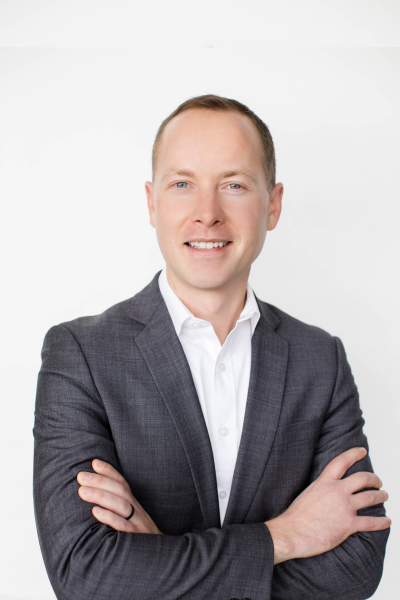Why It's Time to Revive A Dusty Plan
by Matt Roberts MFM CFP® CAP® Chief Planning Officer | May 3, 2020
In a recent Zoom webinar, I caught myself saying, “We don’t like dusty plans.” At the moment it seemed like a weird comment, but when I thought about it more, I was thankful I said it. Those five words capture the sentiments of financial advisors all over the country.
I was on a webinar with my coworker and Managing Director, Lance Gunkel, and we were recording the webinar from our individual home offices. As he waved his hand toward the bookshelf behind him, he said, “Many people have met with a financial planner before, and their plan ends up on the bookshelf and never gets implemented. Those are, by far, the worst and most expensive plans.” And that’s when I chimed in and said, “We don’t like dusty plans.”
People with a working financial plan are in a better position to get through a coronavirus pandemic or any other financial crisis with a lot less stress. People with a “dusty” plan are probably struggling. An effective financial plan helps you get through times like this.
Lance was absolutely correct when he said that financial plans not implemented are the worst and most expensive plans. In the financial planning world, I’ve heard of clients who received well-constructed financial plans and either didn’t fully implement them or stopped putting the plans into action. The consequences of not implementing a plan can be detrimental and costly. Financial planning isn’t a one-and-done project. It’s an ongoing process.
Why is now a good time to get your “dusty plan” off the shelf or develop a brand-new plan? It’s so you can navigate this Covid-19 financial disruption and also be prepared and less stressed if a financial crisis happens again.
During this pandemic, investments have been in the limelight due to the instability of the stock market. However, financial planning is much bigger than just investments and retirement planning. A person needs to look at it from a higher level and view financial resources as tools to perpetuate the things they value in life.
A financial plan helps you determine how the resources you have can support the things you and your family want, like providing a college education for your grandchildren, having a vacation home, or making a life-changing gift to a charity. In other words, a financial plan gives you the ability to dream and make those dreams a reality.
What is the best way to put together a successful financial plan? First of all, select a fee-only financial planner like Syverson Strege, who has credentialed planners on staff. We sell no products and receive no commissions; our only compensation is paid by you, not third parties such as banks or brokerage firms. We are a true fiduciary.
If you go through the process with Syverson Strege, you’ll have a team of professionals who are centered around you and your goals to guide you through the process. We’ll collect your financial information to help us understand your unique situation. Next, we’ll compare your goals to where you are currently, and identify the gaps. We’ll bring together your tax and cash flow issues, estate planning, retirement and investment planning, risk management, and philanthropic planning all under one plan. And lastly, you will be presented with solutions to fill those gaps and action items to implement the plan.
So…dust off your plan! Have it reviewed by a trusted advisor and take steps to modify and refresh your plan. And if you don’t have a financial plan, take the next step and call an experienced fee-only financial planner like Syverson Strege.



